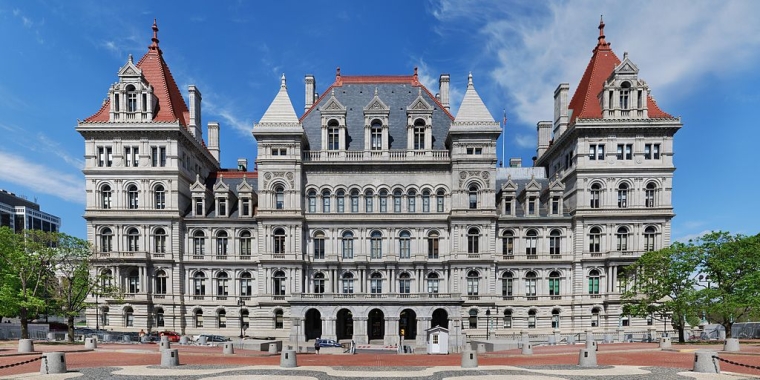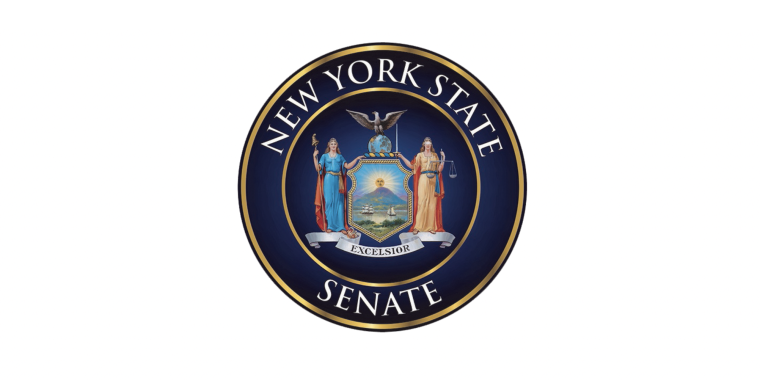
Testimony Before The New York State Insurance Department on August 6, 2002
Liz Krueger
July 12, 2010
My name is Liz Krueger and I represent the 26th Senate District in Manhattan. I am here this morning to raise a number of concerns I have regarding the amended plan for conversion of Empire HealthChoice, Inc. from a not-for-profit entity to a for-profit company. My concerns regarding the change in status of Empire are primarily driven by the need to maintain sufficient access, quality service and minimal insurance charges for all New Yorkers. I am also concerned that the proposed conversion presents a plan that suggests a departure from the historical position of Blue Cross Blue Shield as a provider and an advocate for the insured, to a system that relegates the patient and employees of the company to a dollars and cent equation. Additionally, I am disturbed about the substantive consumer protection guarantees that have evaporated from the original conversion plan.
I would like to thank Superintendent Gregory V. Serio, for the opportunity to hear my concerns.
Negative effect on Subscribers
Ø Empire’s proposed for-profit status would allow it to raise rates on Medicare Supplement plans (Medigap) and individual indemnity plans.
Ø There are now approximately 130,000 New York State Empire Medicare Supplementary policyholders. Medigap has experienced among the highest increased premium insurance rates.
Ø Last year Med Supp Plan H policyholders received a 31% increase.
What protection for Subscribers?
Ø The plan for conversion offers extremely minimal protection or guarantees that policyholders will be protected.
Ø There are no enforceable regulations that limit rate increases for at least the first years following the conversion.
Ø Legislated regulations that limit increases need to be in place and be maintained until there can be an impartial evaluation of the impact that the conversion brings to the market place.
Ø A timetable for a review of rate increase projections needs to be included in the conversion plan.
Ø I am concerned that without cost safeguards the consumer will be in jeopardy of having choices removed as other large providers follow the pricing established by Empire.
Ø I am deeply concerned about long- term implications of these changes on the delivery of health care services in New York State.
Economic Implications
Ø NYS is suffering from the impact of 9/11 as well as what has begun to be called a “double dip recession.” State activity should not result in more lost jobs to our economy.
Ø Assurances that jobs will stay within the state need to be made.
Ø This conversion should include assurances that if Empire is taken over by an out-of-state company jobs will stay within the state. Further there should be assurances that New Yorkers will have job security.
Funding a Health Care Foundation
Ø Unless there are changes, $1B of charitable assets will be allocated in ways that rob New Yorkers of a substantial public health asset.
Ø Only 5% of funds gained from conversion will be going to a Health Foundation
Ø I support needed salary increases for hospital and health care workers. However, questions remain as to whether this shortsighted funding distribution is the smartest way to go. No provision is made for ongoing costs after 3 years, which will therefore create a situation where resources may once again need to be diverted from other programs to cover the cost of these commitments.
Ø Charitable assets should go to a Foundation that would provide for the unmet health care needs of New Yorkers.
Ø The members of the board of the proposed Foundation should represent patients and consumer groups in addition to elected officials. (The proposal calls for the board to be appointed by the Governor, the Senate majority leader and the Speaker of the House.)
Using Conversion Dollars For the Public Good
Ø California has used some of its money to target health education programs for people living with HIV/AIDS.
Ø Money could increase services to the uninsured and underinsured.
Ø Money could go to community based organizations to provide health and health-related services to the underserved.



